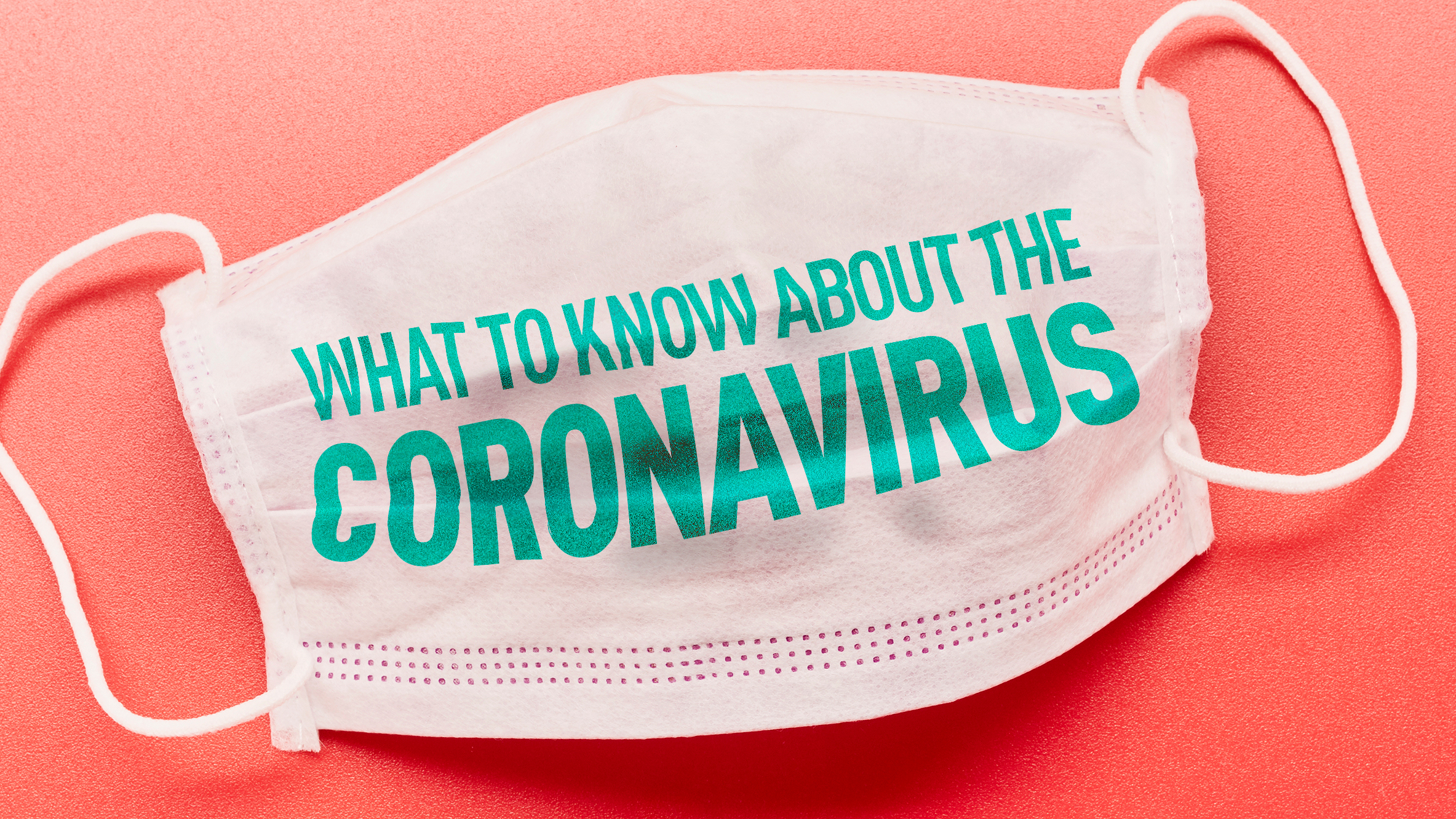President Donald Trump misstated the facts Thursday when he asserted that the Food and Drug Administration had just approved a decades-old malaria drug to treat patients infected by the coronavirus. After his FDA chief clarified that the drug still needs testing, Trump also overstated the drug's potential upside in helping contain the outbreak.
A look at his claims at a news briefing:
TRUMP: “And we're going to be able to make that drug available almost immediately, and that's where the FDA has been so great. They — they've gone through the approval process. It's been approved.”
THE FACTS: The drug, known chemically as chloroquine, has been available for decades to treat the mosquito-borne illness malaria. Technically, doctors can already prescribe the drug to patients with COVID-19, a practice known as off-label prescribing. But Trump falsely suggested to reporters that the FDA had just cleared the drug specifically for the viral pandemic spreading in communities across the U.S. That would mean that the drug had met the FDA's standards for safety and effectiveness.
Get New England news, weather forecasts and entertainment stories to your inbox. Sign up for NECN newsletters.
Minutes later, FDA Commissioner Dr. Stephen Hahn emphasized that the drug still needs testing to determine if it can help patients. He said chloroquine would have to be tested in “a large pragmatic clinical trial to actually gather that information.”
Drug trials typically require hundreds or thousands of patients and, even when accelerated, take weeks or months to complete. In his remarks, Hahn reflected on his background as a cancer doctor and warned against giving patients “false hope” before drugs are fully vetted.
While chloroquine has shown promise in preliminary laboratory studies, some experts are skeptical it will prove effective in human testing.
“I think it could be a game changer, and maybe not,” Trump said, discussing the drug.
But the FDA reiterated in a statement Thursday that there are “no FDA-approved therapeutics or drugs to treat, cure or prevent COVID-19.”
More Coronavirus Coverage
TRUMP: “If chloroquine or hydroxychloroquine works, or any of the other things that they're looking at that are not quite as far out ... your numbers are going to come down very rapidly.”
THE FACTS: The drugs he is referring to are for treatment in patients already infected. That doesn't prevent spread of the virus. One study is testing chloroquine to try to protect health care workers at highest risk of infection, because a vaccine is likely a year or more away.
AP Chief Medical Writer Marilynn Marchione contributed to this report.





